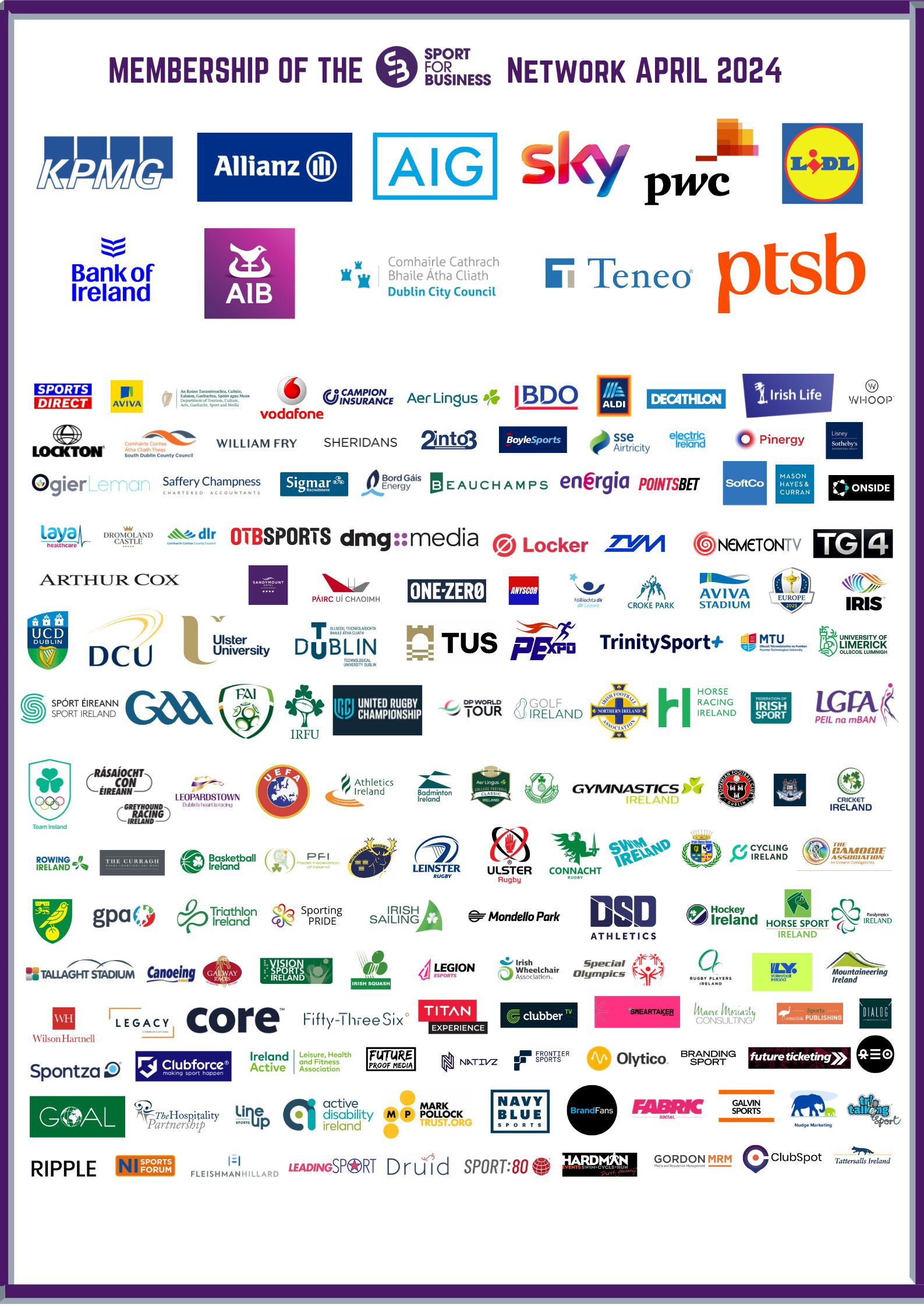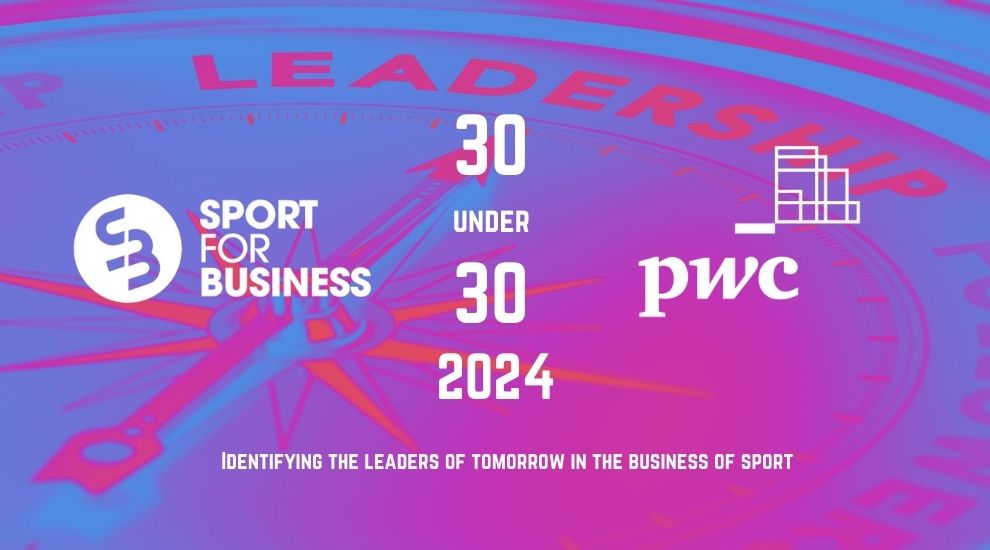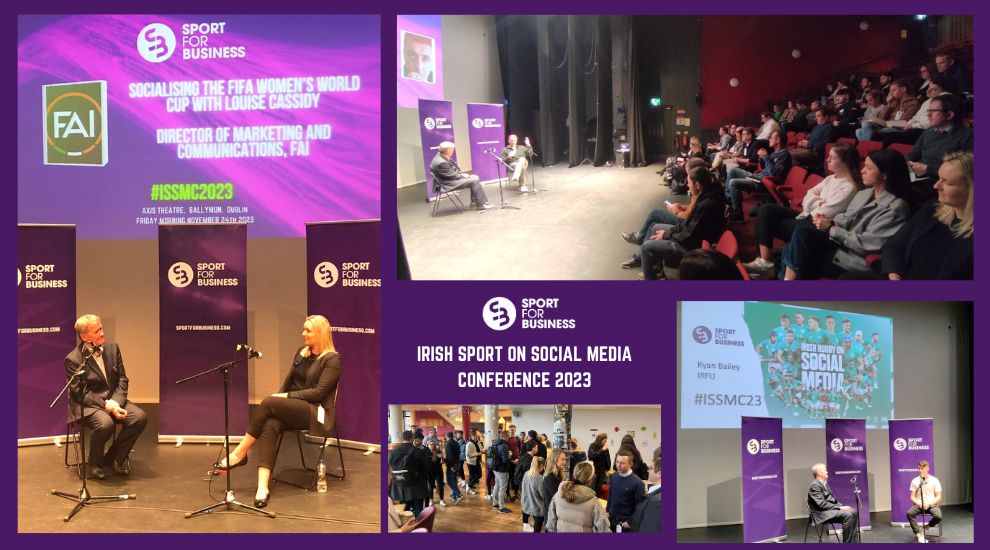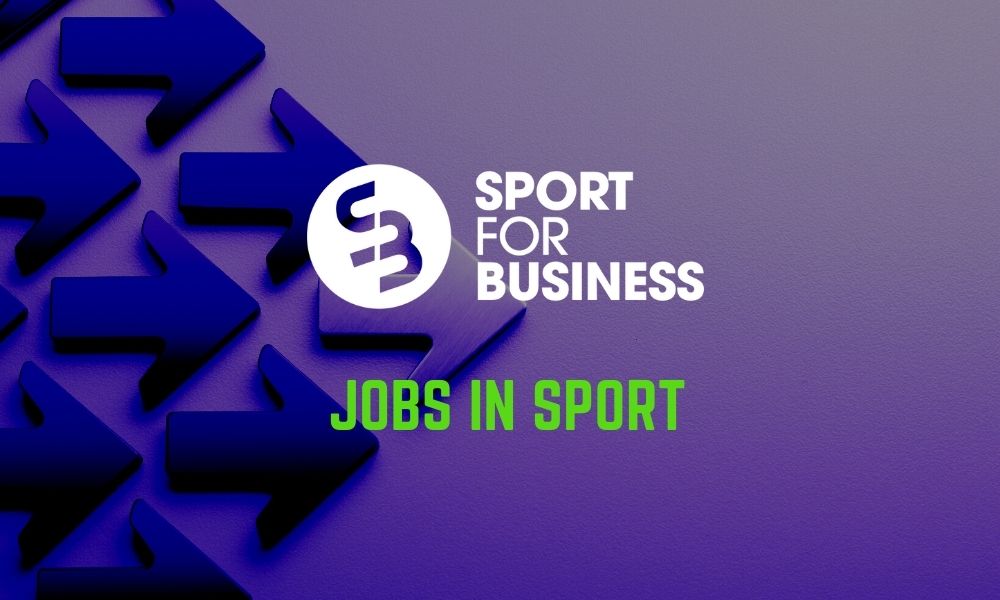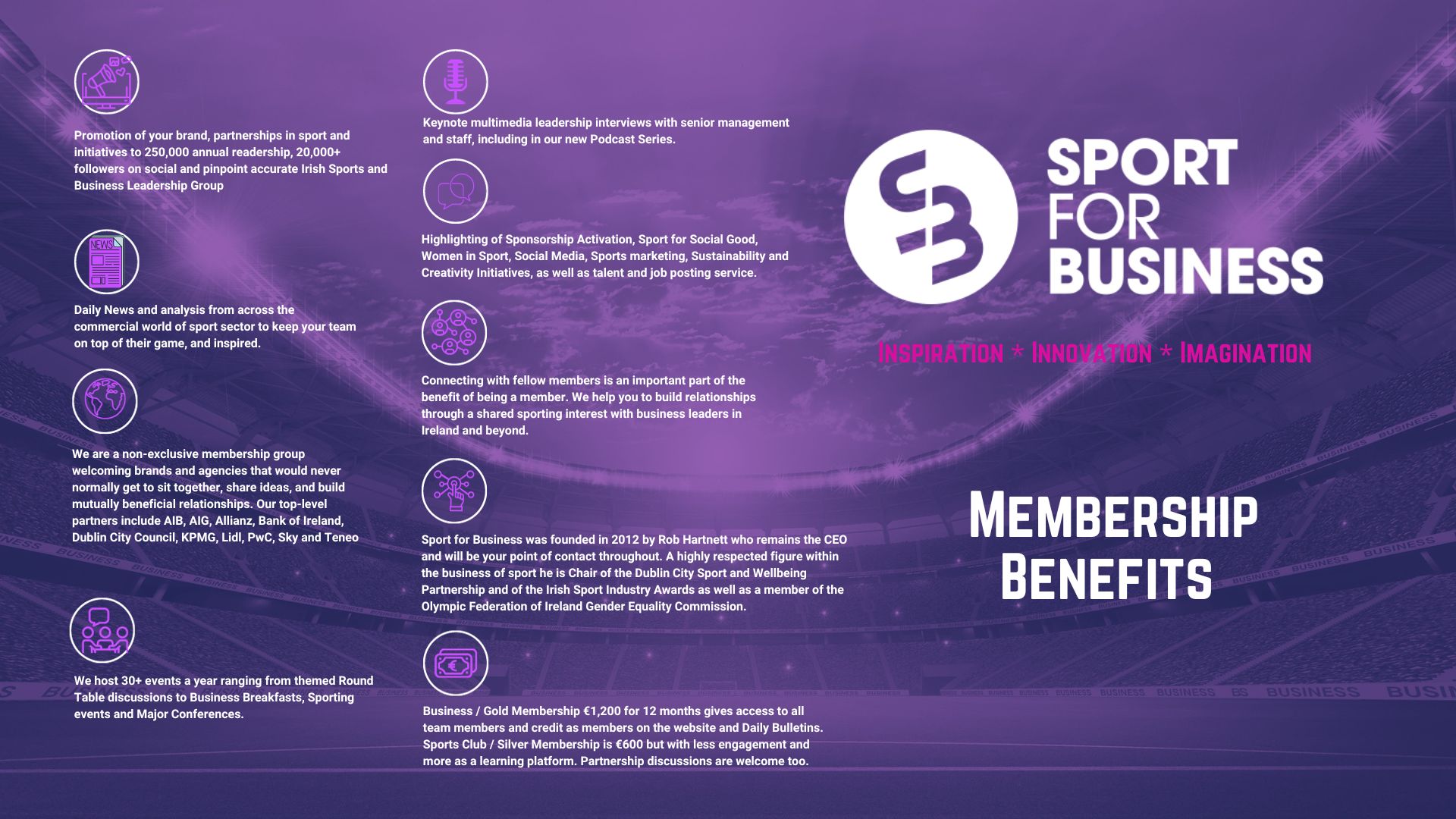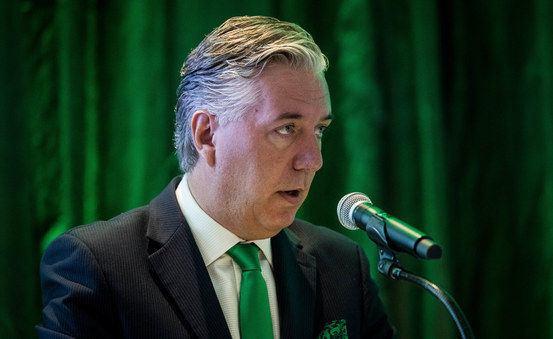
He won’t be going far however as he has been unanimously approved by the FAI Board to take up a newly created role as Executive Vice President taking on responsibility for UEFA and FIFA Affairs.
That decision to go, but also to stay has enraged critics even further but it should not come as a huge surprise given how the FAI approached the replacement of Martin O’Neill as Senior Men’s Team Manager in 2018.
We think of sport as binary. You either win or lose, you either qualify or you don’t.
In real life though, things are always a little more fluid and flexible.
Replacements
In replacing O’Neill there were two potential strong candidates. Mick McCarthy and Stephen Kenny were both available and had decent claims. The challenge lay though in appointing one at the expense of the other. To go with experience would be shouted down as ‘back in time’ and ‘lacking imagination. To go with Kenny would have been decried as being’ too much, too soon’ and potentially taking down a career before it had taken full flight.
The FAI solution was to appoint both, with McCarthy the wise head to guide a two-year campaign towards playing at home in Dublin in Euro 2020, and then building for the longer term with Kenny having picked up international experience with the U21’s.
It took the sting out of criticism and lifted the mood around Irish football perceptibly.
On Saturday both managers got off to winning starts, albeit against Gibraltar and Luxembourg respectively but wins nevertheless.
Delaney is unquestionably under greater pressure at home than at any time in his career. An accumulation of criticism will doubtless be brought to the fore in from of the Oireachtas Committee next month but the stepping down from the CEO role has removed what could realistically be the only rallying call for critics.
Public Money
Much will be made of public money and responsibility but all the money that has been channelled from Government to the FAI has been towards specific participation programmes and we have no doubt will be fully accounted for.
It will have made up less than 20 per cent of the operating revenues of the Association with ticket sales, sponsorship, commercial partnerships, broadcasting and UEFA income generating a far bigger amount.
As a largely private sector business then the demands on ‘public interest’ are less than they would be for a state agency.
Referral of matters to the Office of the Director for Corporate Enforcement is more dangerous but the FAI says it has clarified matters there and only if there is evidence of criminal or corporate law breach would that become more than noise around the edges.
Lightning Rod
Delaney’s salary has always been a lightning rod for criticism.
At €400,000 as was, and reduced to €360,000 in 2012 it is high by Irish standards. The TD’s who will quiz him at Leinster House earn around €90,000 while Ministers are on around €160,000.
The salary for the CEO of Sport Ireland is €125,000. These are all available in the public domain because they are fully funded by the taxpayer, as is right.
Delaney’s claim to unfair treatment because others in the sector are not subject to the same scrutiny does have merit, but the salary is high nevertheless, regardless of the amount of work that goes in.
The CEO of the FA in England is on a salary more than twice that, though the normal media reference is to the hands of other European FA’s which are less.
Relative
Then again sanity in the world of Football is relative. People warm to the smile of Jurgen Klopp at Liverpool, It probably helps that he is on a salary of over €8 million a year. Pep Guardiola at Man City had to take a break during the international games because of the stress of managing a charge on four trophies.
His salary for managing that is over €18 million and not a sign of a politician chasing him down to be concerned about.
Delaney’s new salary will be substantially less. Staying at the FAI means he also stays at UEFA where he has become a key player in recent years. He is paid there as well, around €100,000 so he can take a cut at home without edging closer to the poverty trap.
The salary for the new CEO will need to be sufficient to attract quality applicants but is likely to be less, perhaps quite a bit less than has been the case.
The upshot then will be to keep an acceptedly savvy political operator to manage our bid to stage part of a World Cup in 2013, and other tournaments en route, to bring in a new vibrant CEO to manage the domestic side of the FAI and lead it to fulfil its undoubted potential, and to take the salary furoree off the table while saving money.
You have to think that’s another neat solution, as opposed to another fine mess.







